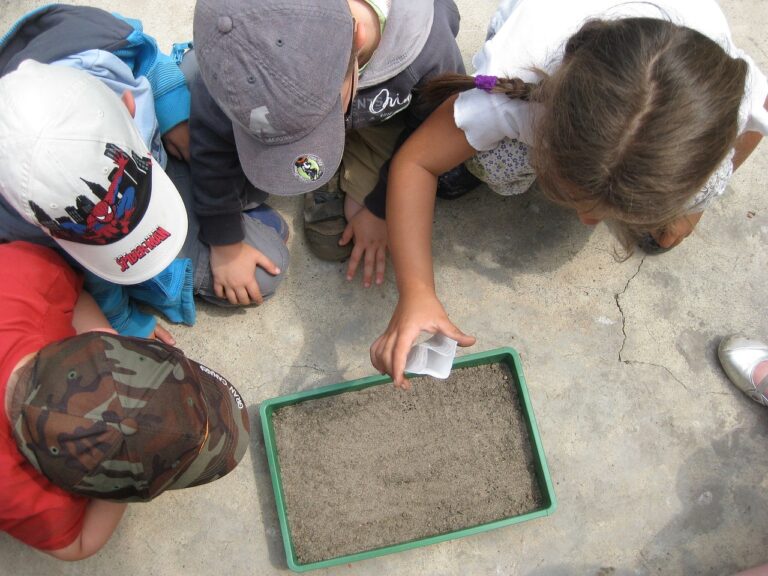Building Resilience Through Social Emotional Learning (SEL)
Emotional intelligence plays a pivotal role in our daily interactions and decision-making processes. It enables individuals to understand and manage their emotions effectively, which contributes to better communication and relationship building. This skill empowers people to navigate through various social situations with empathy and adaptability, fostering stronger connections with others and promoting a harmonious environment.
Moreover, emotional intelligence aids in conflict resolution and stress management by cultivating resilience and promoting a positive mindset. By being aware of one’s emotions and the emotions of others, individuals can approach challenges with a calmer demeanor and make more thoughtful choices. Overall, the ability to harness emotional intelligence not only enhances personal well-being but also enriches the quality of interactions in both personal and professional spheres.
Developing Self-Awareness and Self-Regulation
Developing self-awareness is a crucial aspect of personal growth and emotional intelligence. It involves recognizing and understanding our own emotions, thoughts, and behaviors. By becoming more self-aware, individuals can gain insight into what triggers certain reactions and learn to better regulate their responses.
Self-regulation goes hand in hand with self-awareness, as it involves the ability to manage and control one’s emotions and impulses effectively. By practicing self-regulation, individuals can make more thoughtful and rational decisions in various situations. This skill not only helps in personal development but also contributes to building healthier relationships and navigating social interactions with more ease.
Building Positive Relationships and Social Skills
One of the key components of fostering positive relationships and enhancing social skills is effective communication. Clear and respectful communication lays the foundation for trust and understanding in any relationship, allowing for smoother interactions and the resolution of conflicts in a constructive manner. By actively listening to others, expressing oneself clearly, and being mindful of non-verbal cues, individuals can strengthen their connections with others and cultivate strong interpersonal bonds.
In addition to communication, empathy plays a crucial role in building positive relationships. Empathy involves the ability to understand and share the feelings of others, showing compassion and support when needed. By practicing empathy, individuals can relate to others on a deeper level, forge meaningful connections, and create a supportive network of friends and colleagues. Cultivating empathy not only enriches personal relationships but also fosters a sense of community and collaboration in various social settings.





